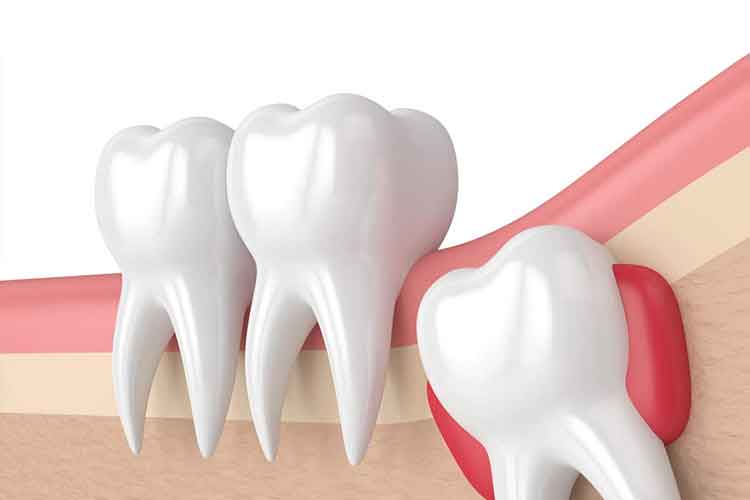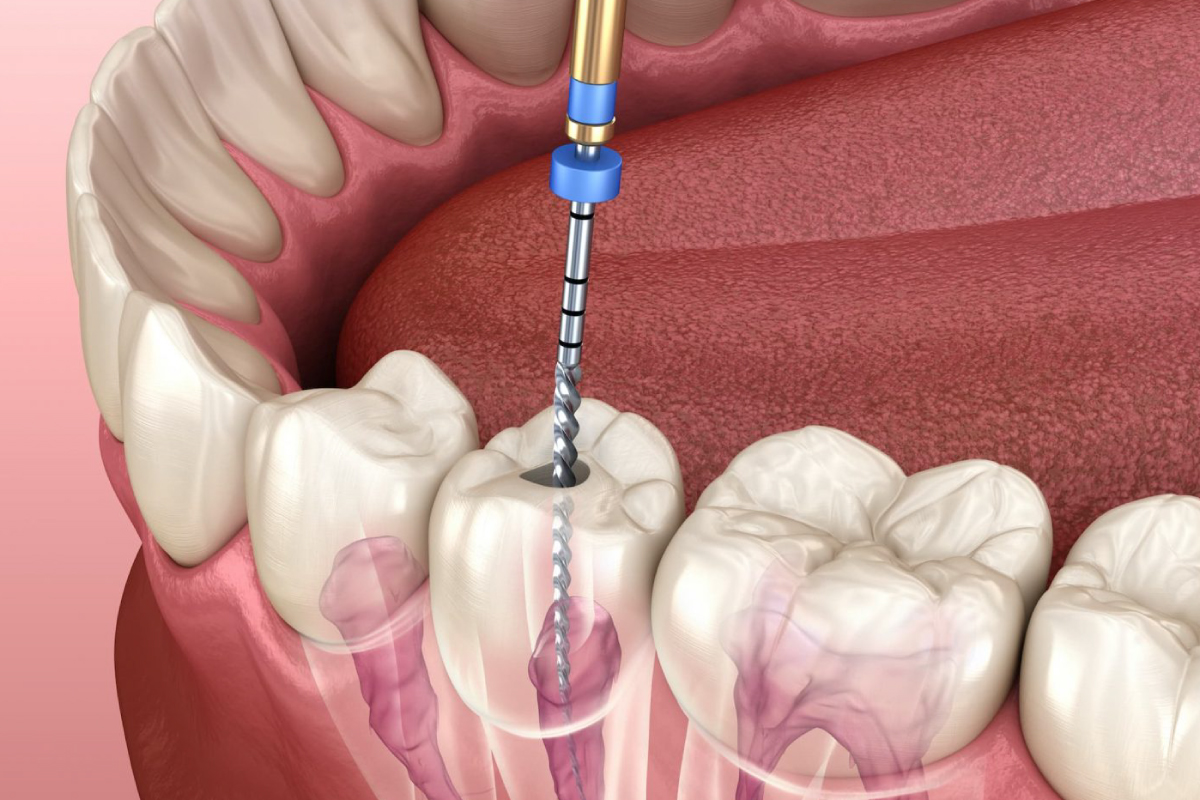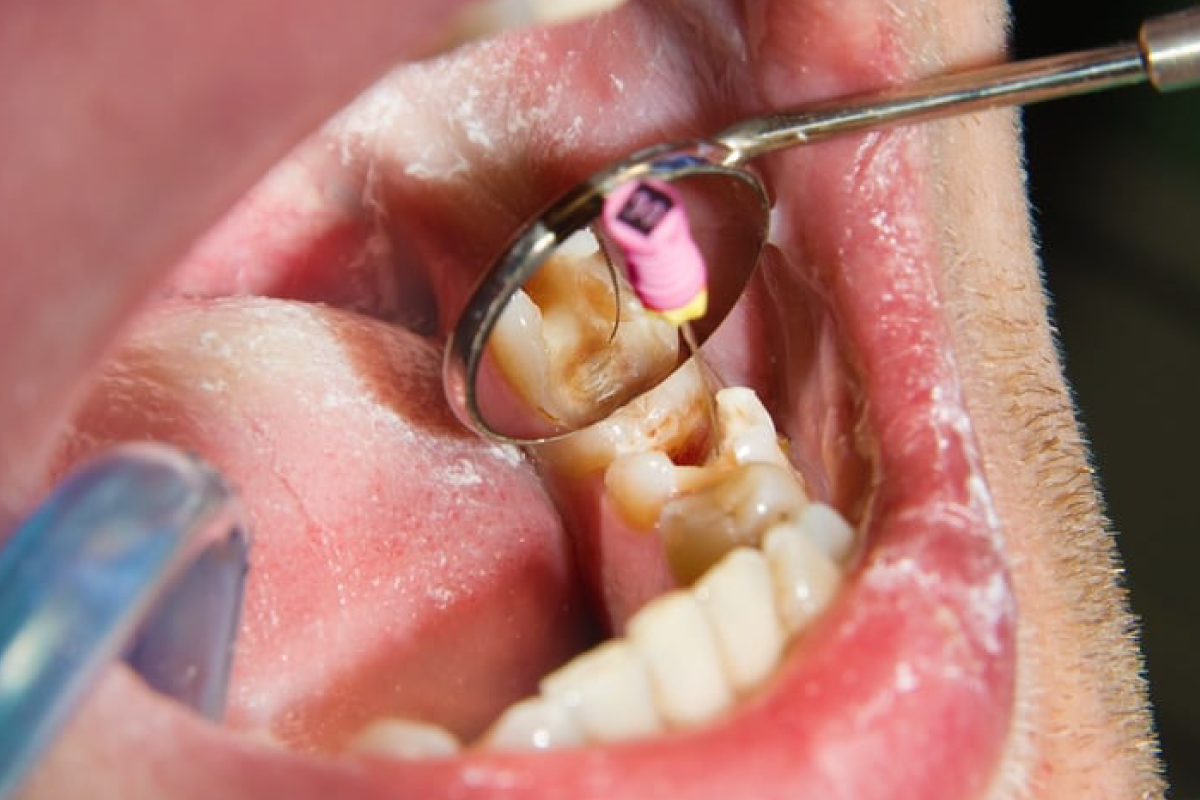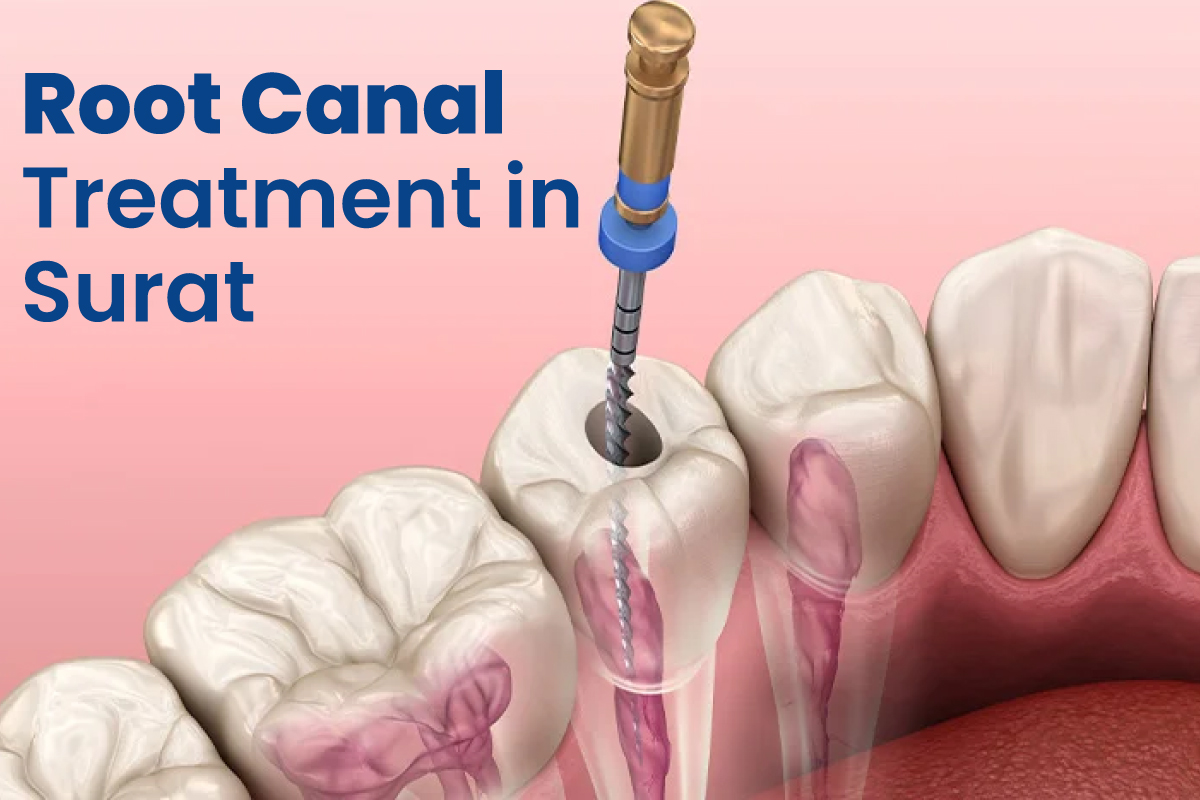Root canal therapy, often referred to simply as a "root canal," is a dental procedure that is widely misunderstood and often associated with myths and misconceptions. We will debunk common myths surrounding root canal therapy and provide a comprehensive understanding of the procedure.
Myth 1: Root Canals Are Extremely Painful
One of the most prevalent myths about root canal therapy is that it is excruciatingly painful. Root canal procedures from the best Dental Clinic in Surat are now considered to be among the least painful aspects of modern dentistry thanks to advancements in dental technology and anesthetics. The purpose of a root canal is to alleviate pain, not cause it. The pain that people often associate with root canals is actually the pain experienced before the procedure due to an infected or inflamed tooth pulp. During the procedure, your dentist will numb the area around the affected tooth, ensuring that you won't feel any pain.
Myth 2: Root Canals Cause Illnesses
There is a misconception that root canals can lead to various illnesses, including heart disease and arthritis. This myth has been debunked by extensive research, and there is no scientific evidence to support such claims. Root canal therapy is a safe and effective way to treat dental infections and save a compromised tooth.
Dental infections can spread to other parts of the body if left untreated, potentially causing more significant health issues
Understanding the Root Canal Procedure
A root canal is a dental procedure performed to treat a tooth that has a damaged or infected pulp, the innermost part of the tooth. Here's a step-by-step overview of the root canal procedure:
Diagnosis: Your dentist will examine the affected tooth and may take X-rays to assess the extent of the infection. If a root canal is deemed necessary, your dentist will explain the procedure and answer any questions you may have.
Anesthesia: Before beginning the procedure, your dentist will administer local anesthesia to numb the affected tooth and the surrounding area. You may also receive a rubber dam to keep the tooth dry during the procedure.
Removal of Infected Pulp: Your dentist will create an access point in the tooth, allowing them to remove the infected or damaged pulp. The tooth's interior will be cleaned, disinfected, and shaped to prepare for filling.
Filling: Once the tooth's interior is ready, it will be filled with a biocompatible material called gutta-percha. This material seals the tooth's canal to prevent recontamination.
Restoration: In most cases, a tooth that has undergone a root canal will require a crown to provide strength and protection. Your dentist will take impressions and place a temporary crown until the permanent one is ready. Dental Clinics like Best Dental Clinic in Surat The Dentofacial Hub provide the best Dental Care Treatments in Surat.
Conclusion
Root canal therapy is a highly effective and safe dental procedure that can save a tooth from extraction and alleviate pain caused by dental infections. By debunking myths and understanding the actual procedure, patients can approach root canals with confidence, knowing that the treatment is designed to improve their oral health and overall well-being. If you suspect you may need a root canal, consult with your dentist to determine the best course of action for your dental health.


















